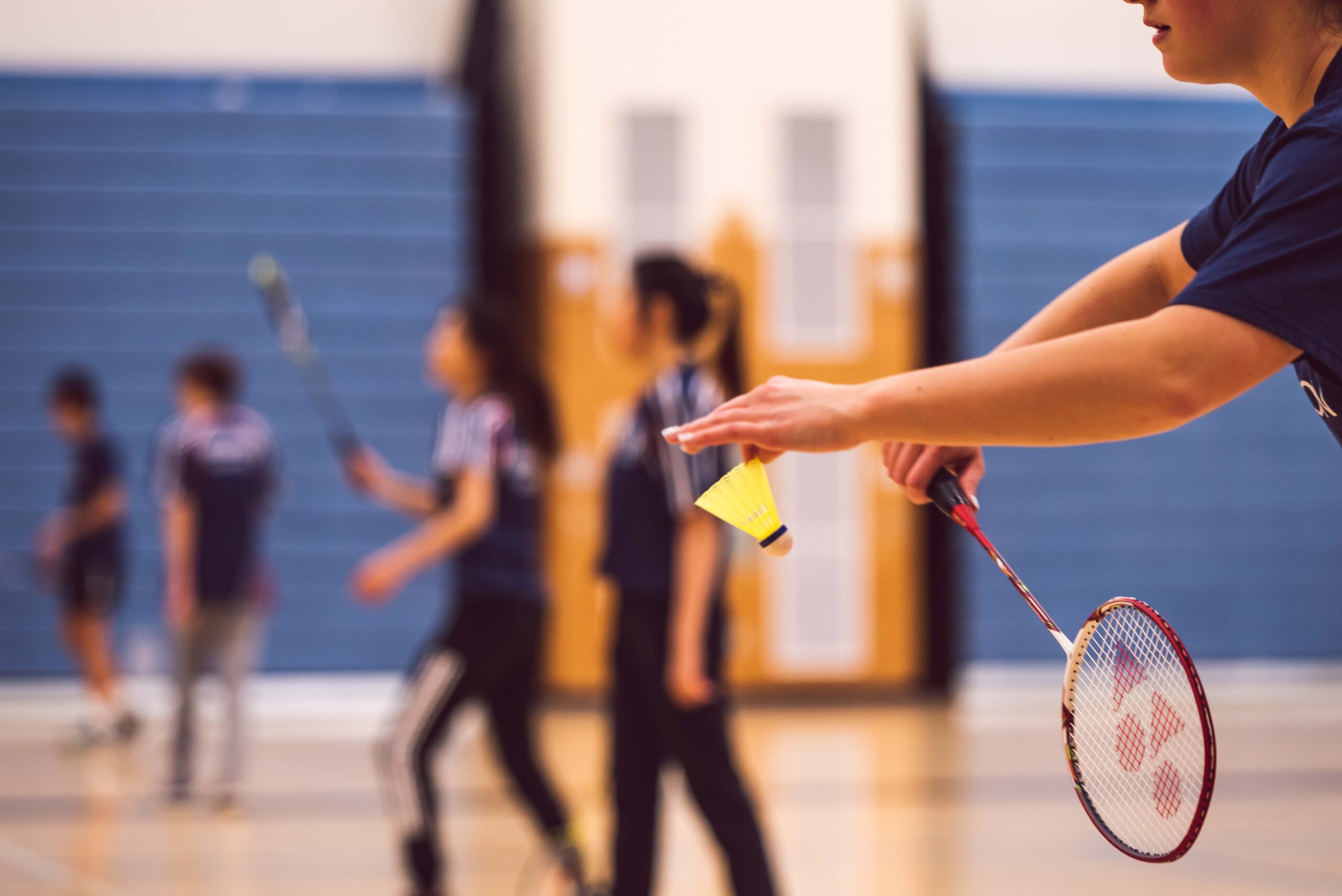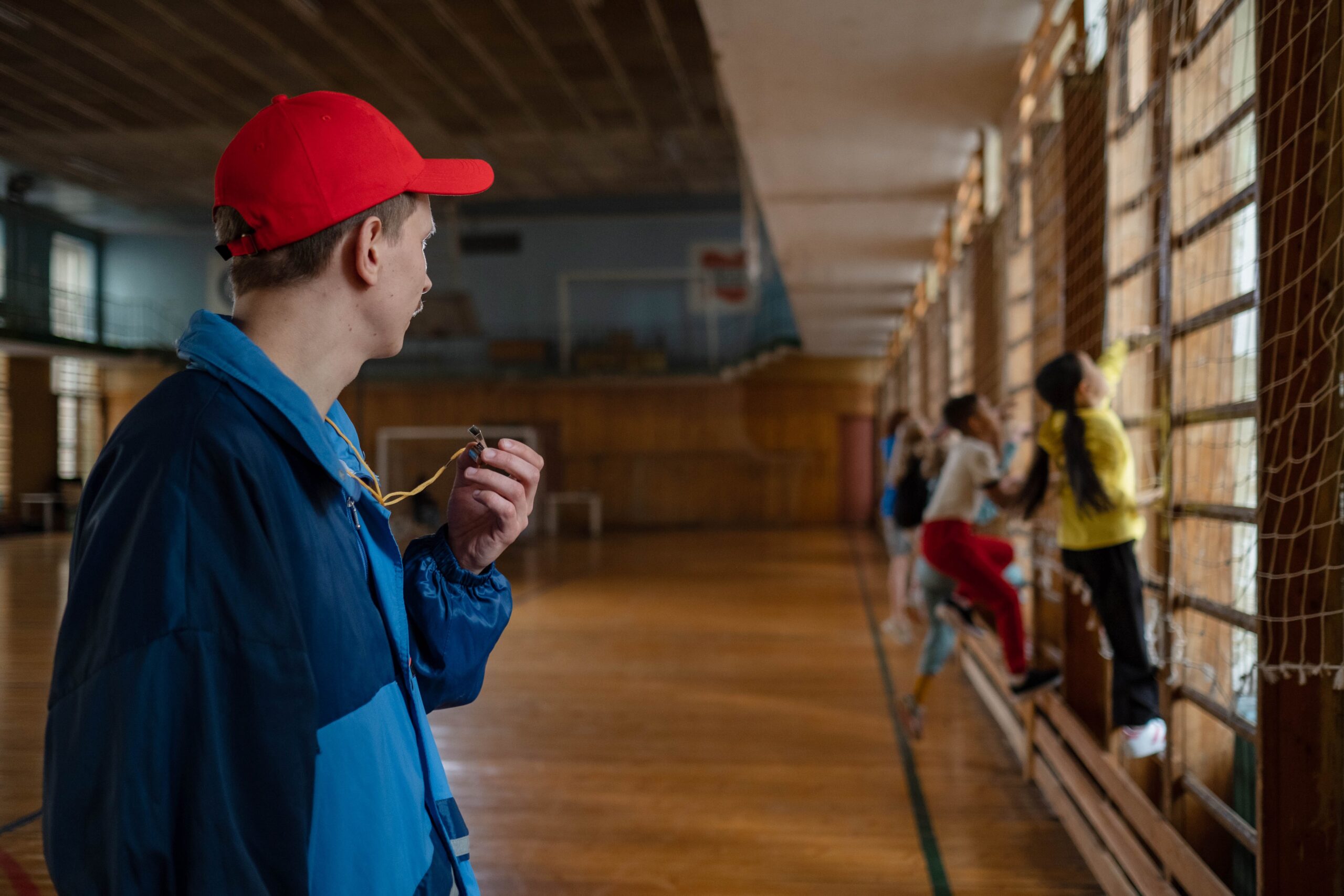Developing Leadership and Team Building Skills in a Nursery Sports Club
The formative years of a child’s life are pivotal in shaping their future character, behaviour, and interpersonal skills. While academic learning is essential, equally important are the social and emotional skills that children develop during this time. A nursery sports club offers a unique environment where children can begin to learn and practice key life skills, such as leadership and team building, in a playful yet structured setting. Though these skills are often associated with older children and adults, the foundations can and should be laid in early childhood. Here’s how a nursery sports club can contribute to the development of leadership and team building skills in young children.
1. Introducing Leadership Through Play
Leadership in a nursery sports club isn’t about formal roles or titles but about encouraging children to take initiative, make decisions, and guide their peers in a supportive environment. At this age, leadership can be fostered through simple activities that allow children to take turns leading games, making choices for the group, or helping their peers.
Role-Playing Games: By engaging in role-playing games where children take on different roles—such as a “team captain” or a “coach”—they can begin to understand leadership responsibilities in a context they can relate to. These roles allow them to experience what it means to guide others, make decisions, and be responsible for a group’s success or enjoyment.
Encouraging Decision-Making: Simple decisions, such as choosing which game to play or deciding the rules of a game, can give children a sense of ownership and leadership. When children are encouraged to make these decisions, they learn that their opinions are valued, which builds their confidence and helps them understand the impact of their choices on others.
2. Building Teamwork from a Young Age
Team building in a nursery sports club is about teaching children the importance of working together towards a common goal. It involves learning how to communicate, cooperate, share, and support each other, all of which are essential skills for their future personal and professional lives.
Group Activities: Sports inherently involve working with others, whether in pairs or larger groups. Activities such as relay races, team ball games, or group challenges require children to cooperate and collaborate. These activities teach them how to share responsibilities, communicate effectively, and appreciate the efforts of others.
Celebrating Group Success: Recognising and celebrating group achievements, rather than just individual success, helps children understand the value of teamwork. When a team wins a game or successfully completes a challenge, it reinforces the idea that working together can lead to better outcomes than working alone. This collective success can foster a sense of belonging and mutual respect among the children.
3. Developing Communication Skills
Effective communication is at the heart of both leadership and teamwork. In a nursery sports club, children learn how to express their ideas, listen to others, and understand non-verbal cues—all crucial components of communication.
Active Listening Exercises: Activities that involve following instructions, such as obstacle courses or team games with specific rules, encourage children to practice active listening. They learn to pay attention to their coach’s or peers’ directions, which helps them understand the importance of listening in any team setting.
Expressing Ideas: Encouraging children to share their thoughts during discussions about game strategies or debriefs after activities helps them develop the confidence to voice their opinions. This practice is fundamental in developing young leaders who are capable of communicating their ideas clearly and respectfully.
4. Teaching Responsibility and Accountability
Leadership and teamwork also involve understanding responsibility and accountability—knowing that one’s actions affect the entire group and taking ownership of both successes and mistakes.
Responsibility in Roles: Even simple tasks, like being responsible for distributing equipment or leading a warm-up session, can teach children about responsibility. When they see that their actions directly influence the group’s activities, they begin to grasp the concept of accountability.
Learning from Mistakes: In a supportive sports club environment, mistakes are seen as learning opportunities. If a child makes a mistake, such as forgetting a rule or not completing a task, the focus is on understanding what went wrong and how to improve. This approach teaches children that being a good leader or team member means acknowledging errors and working to correct them, rather than blaming others.
5. Fostering Empathy and Emotional Intelligence
Empathy and emotional intelligence are critical components of both leadership and teamwork. A nursery sports club provides numerous opportunities for children to develop these skills by interacting with their peers in various situations.
Understanding Others’ Feelings: Through team sports and group activities, children learn to recognise and respond to the emotions of others. Whether it’s comforting a friend who is upset after losing a game or cheering for a teammate who has made a great play, these experiences help children develop empathy.
Emotional Regulation: Sports clubs can also teach children how to manage their own emotions in a group setting. They learn to handle frustration, celebrate success appropriately, and remain calm under pressure. These skills are important not only in sports but in all areas of life.
6. Creating a Positive and Inclusive Environment
For leadership and teamwork skills to flourish, it’s essential to create an environment where every child feels valued and included. A nursery sports club should be a place where children of all abilities and backgrounds can participate and contribute.
Inclusive Practices: Coaches and educators can ensure that all children are included by adapting activities to suit different abilities and by promoting an environment where everyone is encouraged to participate. This inclusivity helps children learn to appreciate diversity and work effectively with others who may have different strengths and perspectives.
Promoting Fair Play: Teaching the principles of fair play—such as respecting rules, opponents, and teammates—instills a sense of justice and fairness in children. These principles are key to developing leaders who are not only effective but also ethical and compassionate.
Conclusion
A nursery sports club offers more than just physical benefits; it is a fertile ground for nurturing essential life skills such as leadership and teamwork. Through carefully designed activities and a supportive environment, young children can begin to develop these skills, laying the foundation for their future success in school, relationships, and eventually, in the workplace. By encouraging initiative, fostering cooperation, and teaching responsibility and empathy, a nursery sports club plays a vital role in shaping the leaders and team players of tomorrow.









